‘Nothing about us without us’: The disability charity boss nudging Britain to do better
Leonard Cheshire’s new CEO Ruth Owen speaks to James Moore about greater representation in the board room, the tech levelling the playing field and picking up the pieces of the social care sector after coronavirus

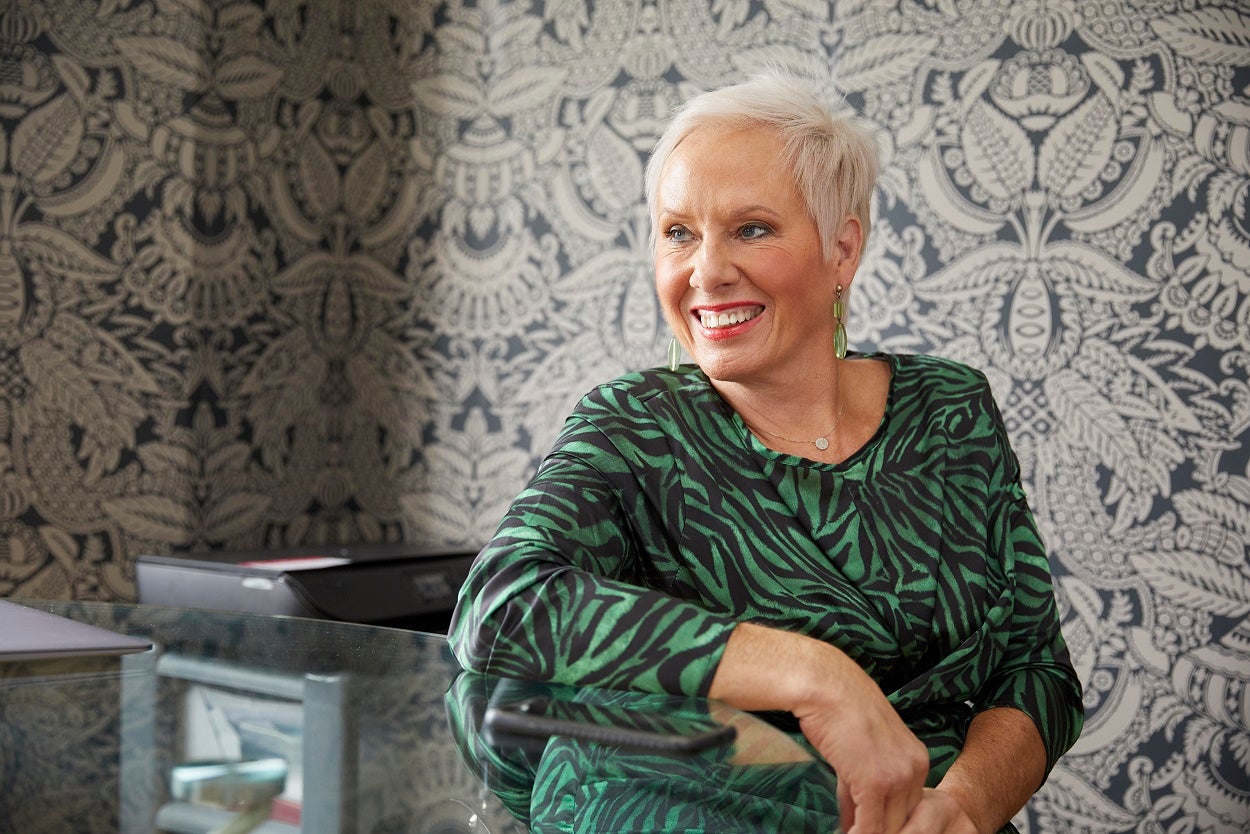
My dream would be… you know my dream would be to be able to go to a toilet in a restaurant without a kerfuffle.”
So says Ruth Owen, the new CEO of Leonard Cheshire Disability. It seems strange that anyone would have to cite a fuss-free trip to the loo as a dream in a wealthy western democracy.
But Owen has been a full-time wheelchair user since the age of seven and the harsh reality for her, and so many other disabled people in Britain, is that her dream remains a distant one. And the pandemic has shifted it even further away.
What Owen tactfully describes as a “kerfuffle” usually involves a major operation given the way accessible bathrooms are more often than not used to store junk. Sighing staff have to clear enough of this stuff out to even make them usable, frequently passing dirty looks around while doing so.
Diplomacy comes with the job of being a charity boss – part of the role is serving as fundraiser in chief. Owen comes with that background. This isn’t her first big role in the third sector. Her previous job was CEO of Whizz-Kidz, which provides equipment and support to disabled young people.
It’s therefore hardly a surprise that when I tell her I’ve been known to give abusive commentators the bird when I’m out wheeling, she just laughs and says: “To each their own.”
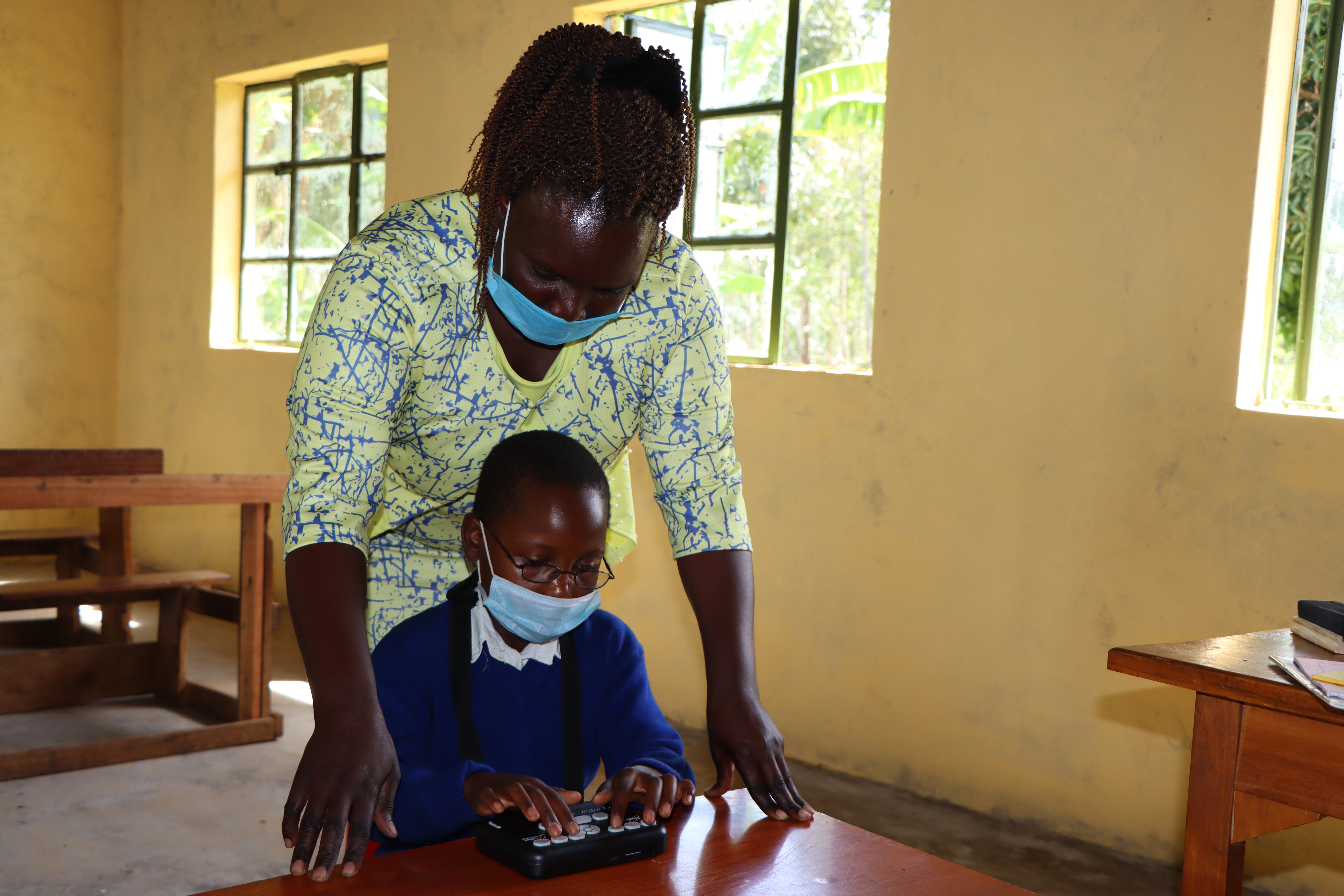
“When that happens to me, I try to educate people. If I have a taxi driver who’s being rude, for example, I’ll say: ‘Well, let’s hope you don’t end up in a chair and have someone speak to you like that.’ I try to deal with it with grace but I admit it’s not always easy.”
We compare notes on some of the insults we’ve been on the receiving end of. They’re depressingly similar. “I’ve had where are your L plates. I’ve also had people come up and ask some really strange things like how do you have a bath? I mean, for goodness’ sake.”
I remember when I was young. I’d have people come up and talk about how my life was going to be. I resented it. I was in my teens. I already knew my life was going to be different
But going through regrettable experiences like that means Owen has a deep understanding of the experiences her charity’s client base goes through.
Some, like the insults, the unwelcome questions, the inability to access facilities that are required by law, are infuriating and entirely unnecessary. But in addition to those major headaches there are also a million minor irritations that people who don’t have disabilities may be able to sympathise with but will never truly understand.
This helps to explain the desire among disabled people for the sector’s leaders to be disabled themselves. Owen’s appointment means that Leonard Cheshire has had two disabled CEOs in a row. Her predecessor Neil Heslop, who is blind, was the charity’s first CEO in 25 years.
When chair elect David Grayson, who also chairs the Institute of Business Ethics, takes up his role, it will be the first time the charity has had a one-two punch: he, too, is disabled.
This could be seen as evidence of a move away from the paternalism that sometimes seems to be endemic to the sector and has become a source of huge frustration to many disabled people.
Owen makes clear that she is a supporter of the oft repeated rallying cry: “Nothing about us without us.”
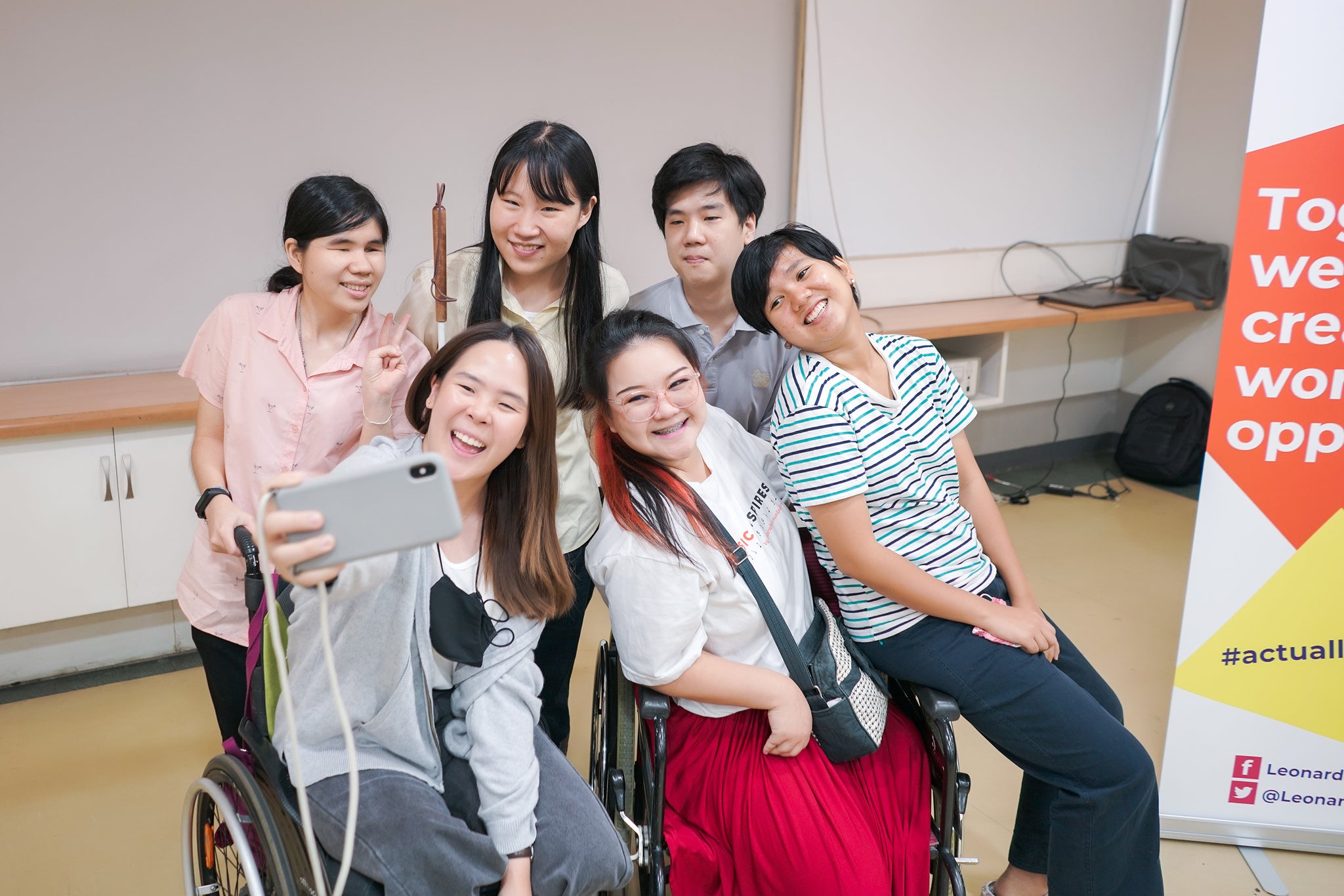
“I couldn’t even conceive of leading an organisation like this with a huge level of engagement with disabled people. It has to be collaborative,” she says. “I remember when I was young. I’d have people come up and talk about how my life was going to be. I resented it. I was in my teens. I already knew my life was going to be different and I resented being told how it was going to be by somebody who could walk, having them tell me about the struggles I was going to face. I thought, what are they doing?”
Owen credits her mother with inspiring the drive in her to succeed in spite of this: “She always let me speak for myself. She made me the lady I am today.”
She thinks about this for a moment and then laughs: “She didn’t always like what I had to say.”
While Owen might have the fundraiser’s diplomatic touch, that does not mean she isn’t assertive.
It’s my role to educate and we have a long way to go. The younger generation, they want change quicker. We have to get better at employing disabled people
But will her arrival translate into more roles lower down the food chain at the charity? The last time it surveyed staff the number stood at around 10 per cent.
The survey wasn’t complete, and people often choose not to share their disabilities with their employer, even if that employer is a charity focused on disabled people. But if the figure was accurate then it is lower than the proportion of disabled people in Britain, which some put at 12 per cent, some at closer to 20.
Owen shies away from affirmative action, saying that she would prefer to create “opportunities”.
She explains: “I’ve just recruited a new people and engagement person. With him, it’s my plan to improve the opportunities open to disabled people. We can all do more. I remember the opportunity I got, and you know, we don’t want special treatment. We just want the same chances as everyone else. I plan to create more opportunity.”
It’s a good answer and I have no doubt that it’s a sincere one. It’s one I’ve heard a lot from successful disabled people.
But I sometimes wonder if something more active isn’t required. The employment rate for disabled people is currently just over 50 per cent compared to more than 80 per cent for non-disabled people. What’s known as the “disability employment gap” has remained stubbornly high despite government pledges to narrow it.
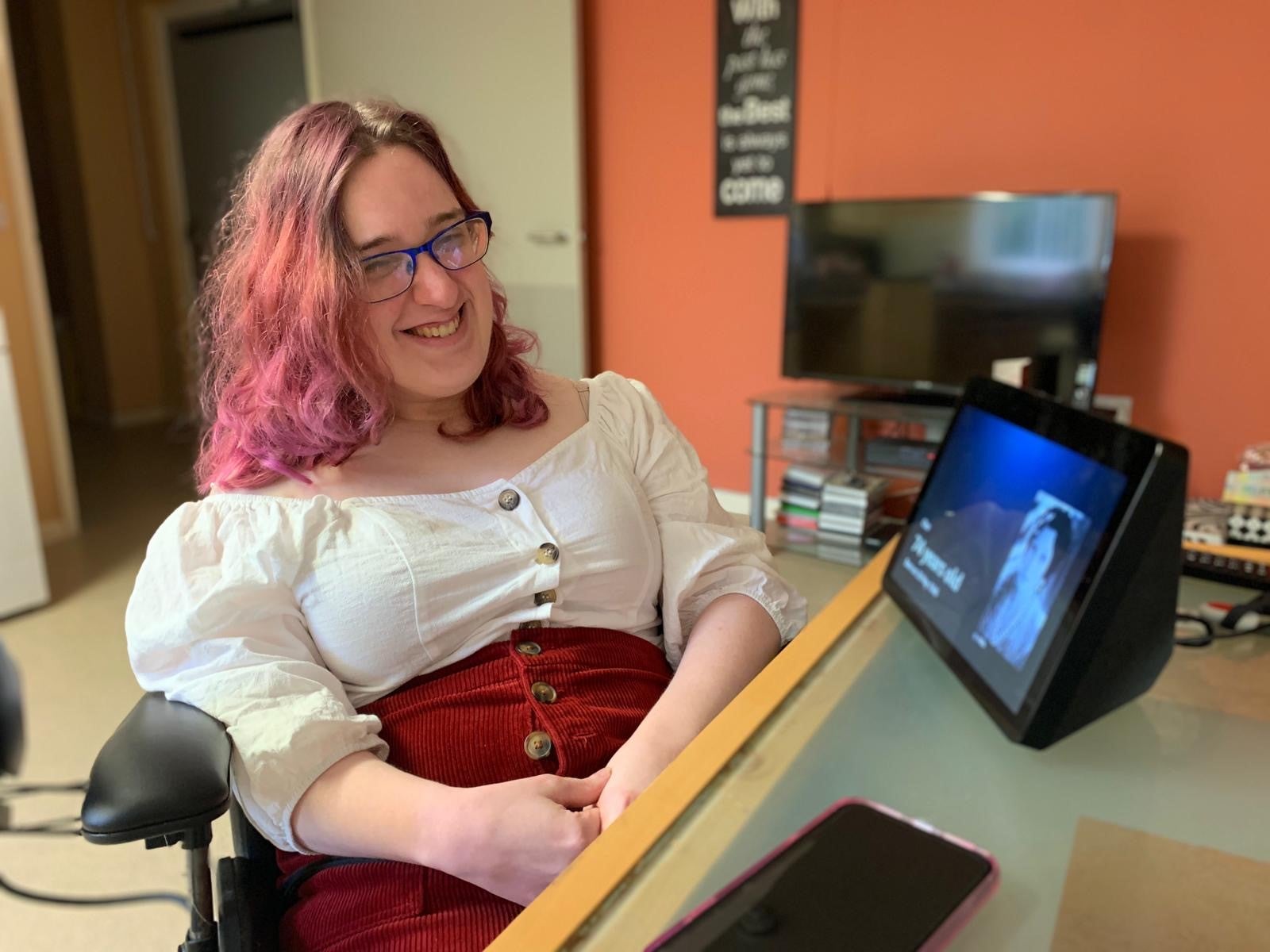
Owen believes the pandemic, which has exerted a brutal toll on disabled people, could ultimately help with that. When I suggest that this is somewhat counter-intuitive, she says: “I know it has been tough. The disabled community has had it tough. But the pandemic has proved that you don’t need to be in the office to be productive. Travel is obviously one of the biggest issues facing disabled workers. I’m an optimistic person. Talking to me now, like we are over Zoom, nobody would know I’m a full-time wheelchair user.”
Warming to the theme, she continues: “It’s my role to educate and we have a long way to go. The younger generation, they want change quicker. We have to get better at employing disabled people. What’s fantastic about Leonard Cheshire is both my chair and I agree that change needs to happen more quickly. The fact that young people still have to fight for employment, and it still is a struggle, it shouldn't be that way.”
Owen believes that it is time to “flip the narrative of disabled people being a drain on society”.
“We have talent. We can contribute. We want to contribute. We want equality. We need to be able to say to young people that there is a level playing field. Things have got slightly better but it has taken a long time. Are we saying to them that they have to wait another forty years? We shouldn’t say that.
“It’s not acceptable, for example, that new buildings go up today and people haven’t thought about accessibility. And it’s not just step-free I’m talking about. It’s about the whole design.”
Owen is great believer in the power of technology to level the playing field. She is a confirmed tech-head: “It has changed my life as a disabled person. I used to go into a shop and everything would be on a shelf I couldn’t reach, or in racks I couldn’t get to. Sometimes the shop assistant wouldn’t know how to help even if they wanted to.
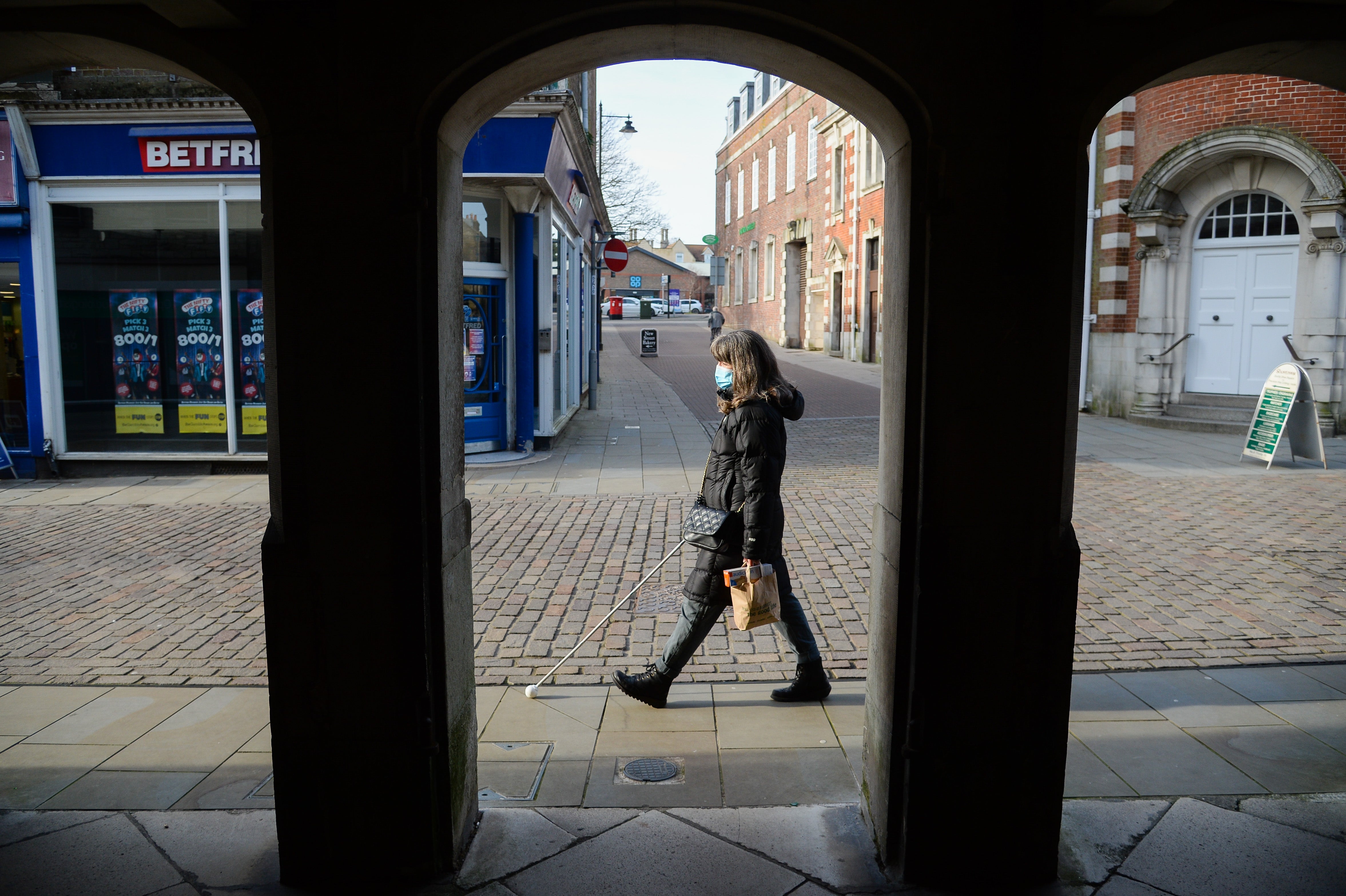
“Now I can do everything with my iPhone. I’ve been a user of online shopping for a long time. If I look forward, tech could be a game changer for disabled people so long as it’s made accessible to them.
“I can see it in my own life. I would be lost without my phone. I think the more mainstream tech becomes for disabled people the better. And the more accessible, obviously, the lower the price.”
I put it to Owen that what she says only serves to highlight the failure of bricks and mortar stores to recognise that disabled people have money to spend. Despite shops’ desperate need for revenue they continue to shun them.
By using the Tube, I feel that I have the same rights as everyone else. It offered a sense of freedom that I haven’t had
Owen doesn’t dispute this. Instead, she highlights that getting to them is becoming increasingly challenging. Disabled parking spaces are steadily vanishing while public transport remains unfriendly. Startlingly, Owen says she has only used London’s tube on four occasions. It was, of course, an app that assisted with her most recent jaunt, allowing her to find the step-free stations.
“By using the tube, I feel that I have the same rights as everyone else. It offered a sense of freedom that I haven’t had,” she says.
The problem, as ever, is that the pace of change is slow and the pandemic has put it into reverse.
Transport for London’s programme of increasing the number of step-free stations has slowed to a crawl. The company has been in the throes of a financial crisis, it’s true, but TfL always seems to be ready with excuses when it comes to disabled travellers.
The vexed issue of social care, and the pandemic’s impact upon it, is one she will also have to confront as part of her work. Leonard Cheshire is both a campaigning charity and a service provider, through the 130 or so care homes it operates. Owen shoots down any question of splitting the two with: “We are one charity.”
That charity is facing the challenges the whole sector faces. Rising costs. A lack of funding. A potential hangover from the pandemic when it ends.
“Boris has made a commitment,” she says when I ask about the government’s continuing lack of action. So does she believe him?
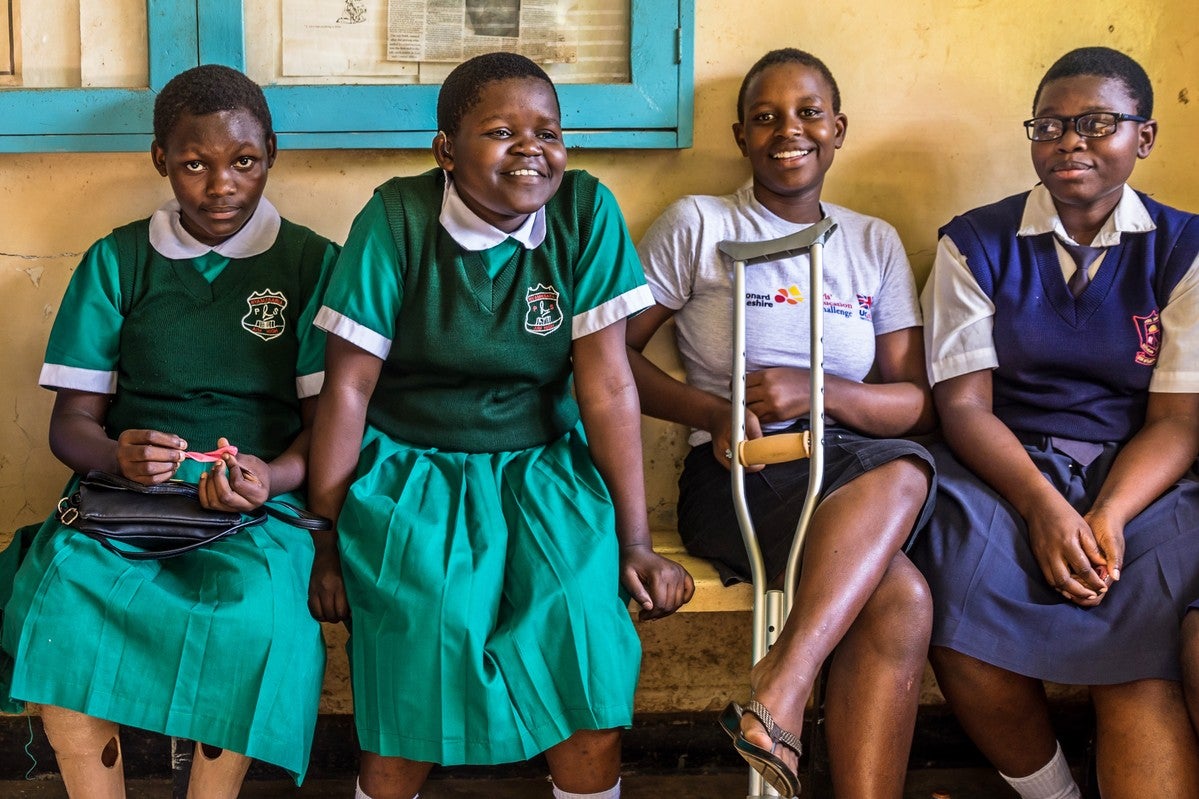
She puts her diplomat’s hat back on: “All I know is that we champion and want equality.”
It may require the feisty and assertive Ruth Owen to emerge on this front in future; the one who says Britain should be doing better by its disabled citizens.
Owen is keen on audiobooks and has been listening to a lot of Russian history in the wake of a recent trip to Moscow with her husband Terry, a singer who also runs a fire safety business.
Read More:
How did that go, I wonder, given my family likes to holiday in France where disabled parking spaces seem much easier to find than in Britain, and where they appear to be better respected by non-blue badge drivers.
“Moscow was really good. With the exception of one place in the Kremlin, everything else was accessible. I didn’t have people constantly staring at me. When we went to the ballet, it was clear that the space for disabled people was for disabled people. The officials moved people out of the way.”
Yes, Britain could do better. Leonard Cheshire’s new boss seems bent upon giving it a nudge in the right direction.
Join our commenting forum
Join thought-provoking conversations, follow other Independent readers and see their replies
Comments